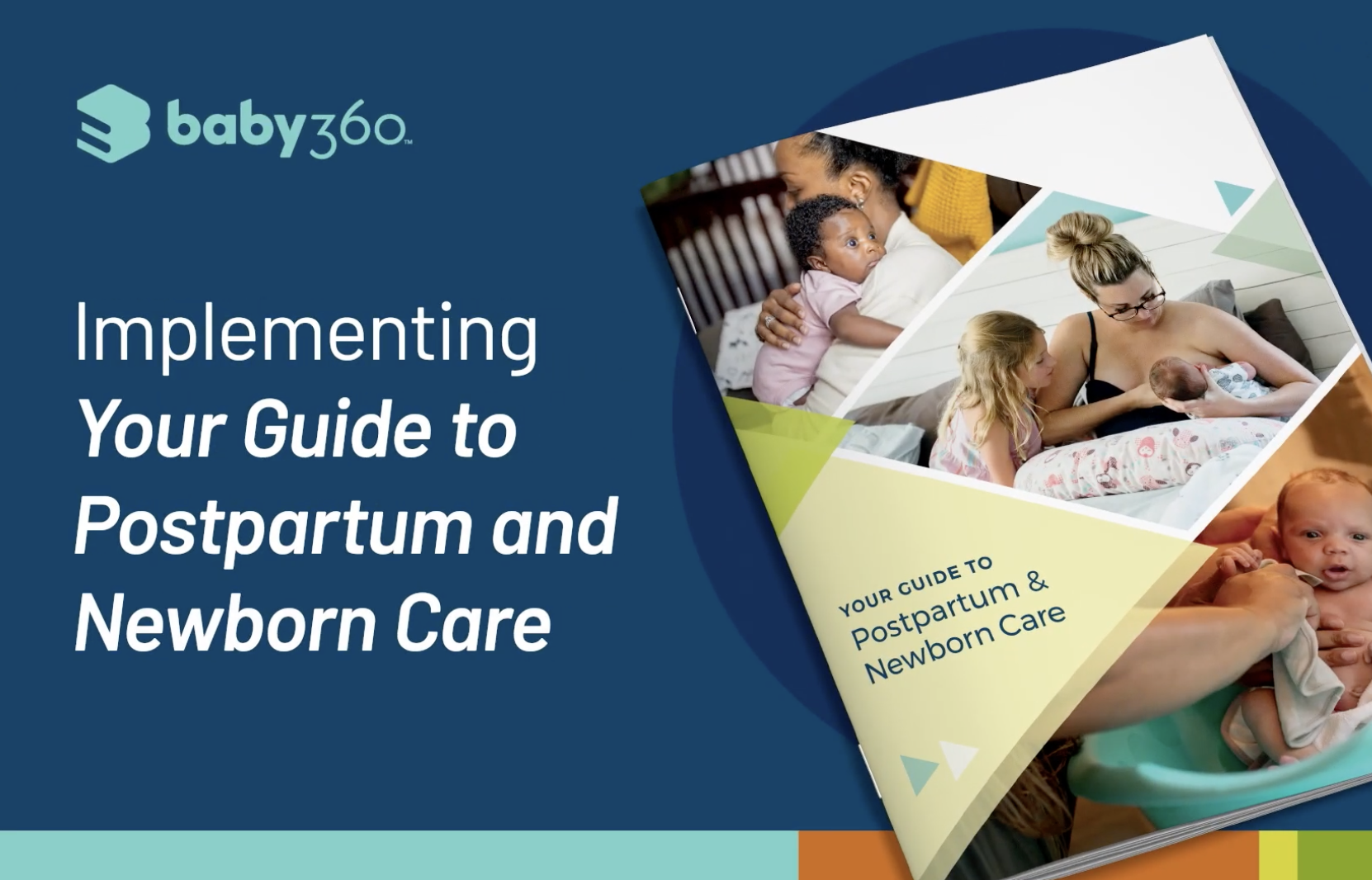Teach Your Patients These 4 Facts About Getting the Flu Shot While Pregnant or Breastfeeding
The CDC and ACOG both recommend pregnant women get the flu vaccine no matter what trimester they are in (even postpartum if they haven’t yet had the shot) or if they are breastfeeding. Yet only half of pregnant women reported getting a flu shot in the 2016-2017 flu season. Let’s arm them with the facts and bust some myths about the flu vaccine.
FACTS ABOUT THE INFLUENZA VACCINE FOR PREGNANT WOMEN
1. There are specific reasons they are in a high-risk category and will be sicker than non-pregnant women who get the flu.
- Pregnancy changes the immune system, making it more likely they will get the flu and it will be more severe.
- As the developing baby grows, it presses on the lungs, decreasing their volume and the ability to breathe deeply. This makes it more difficult to clear a respiratory infection.
- The heart is already working harder than normal during pregnancy. Because the flu is associated with an increase in heart attacks and stroke, the vaccine can reduce the chance of those complications.
2. They are more likely to be hospitalized, have serious complications or even die from the flu.
- Without being vaccinated, the flu is even more serious in the second and third trimesters.
- Pregnant women who get the flu shot are 40% less likely to be hospitalized for flu during pregnancy than women who weren’t vaccinated.
3. They are protecting their baby by getting vaccinated.
- The flu vaccine creates antibodies in the mother’s system that are passed to the baby through the placenta. This protects the newborn from the flu until they are old enough to be vaccinated. Flu in newborns is more likely to lead to serious illness or even death.
- A prolonged fever during pregnancy can lead to low birth weight, preterm birth, and neural tube or other defects. All of these will affect a child throughout their life – from immunity challenges to developmental and other issues.
4. Studies show that the vaccine is safe in pregnant women and protects their unborn baby. Here are just a few that you can dig deeper into:
- The vaccination does not cause preterm births or low birth weight newborns. Published in The Journal of Pediatrics, May 2014.
- The flu shot does not increase the risk for adverse obstetric events like gestational hypertension, preeclampsia or pulmonary embolism. Published in Obstetrics & Gynecology, September 2013.
- Getting a flu shot in the first trimester does not increase the risk for major structural birth defects. Published in The Journal of Pediatrics, August 2017.
- Getting the flu vaccine at least 2 weeks before birth transfers antibodies to the developing fetus. Published in The Pediatric Infectious Disease Journal, December 2013.
The following are myths, NOT FACTS, that your patients may believe about the flu shot:
- Pregnant women need special permission or written consent from their provider to get a flu shot.
FALSE – nothing extra is needed to get the vaccine.
- Pregnant women must get the shot in a healthcare provider’s office.
FALSE – they can get vaccinated anywhere the flu shot is available including drug stores, work events, and their healthcare provider.
- Pregnant women with egg allergies cannot get the flu vaccine.
FALSE – they can usually still get the shot, but should first talk with their healthcare provider and then get vaccinated in a medical setting where any severe allergic reactions can be managed.
It is important to go beyond simply saying, “You should get a flu shot,” to pregnant patients. Armed with specific facts and information about the benefits and repercussions, patients may be more likely to get vaccinated. Let’s try to get more than 50% of pregnant women to get vaccinated this flu season!
You can download a Fact Sheet from the CDC to post or give to patients here.



